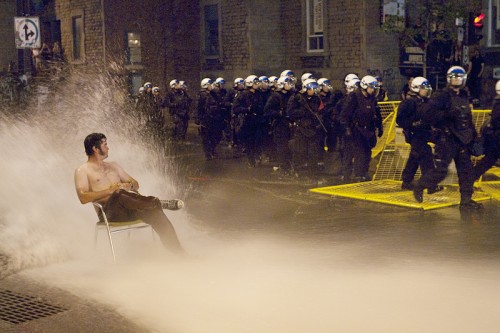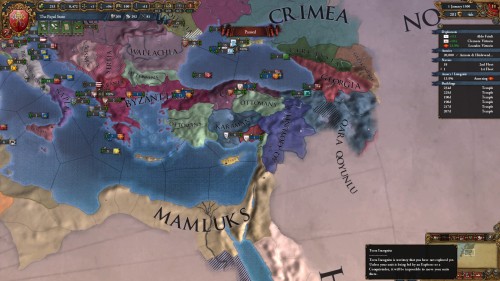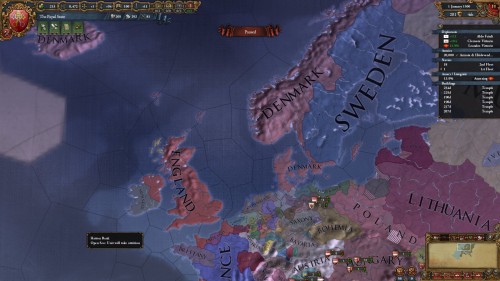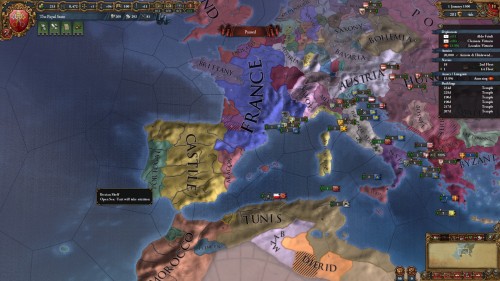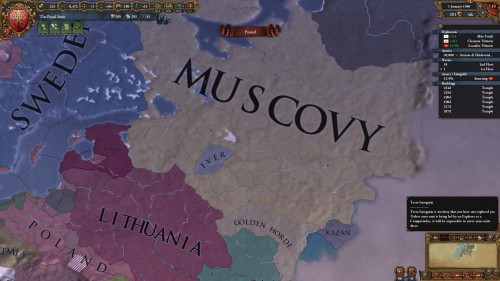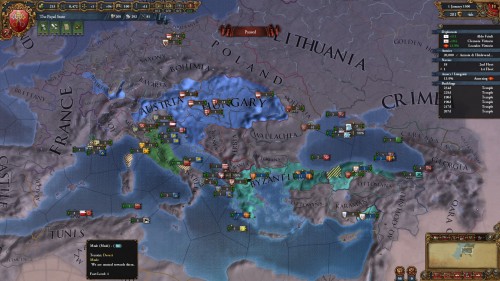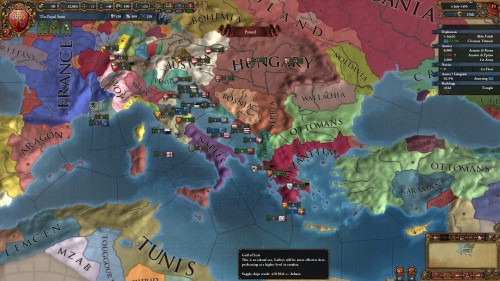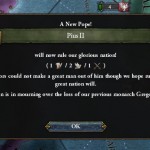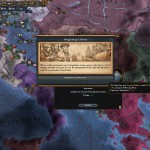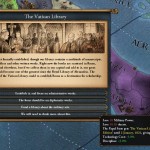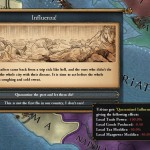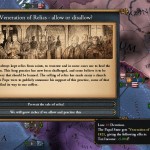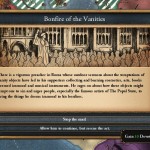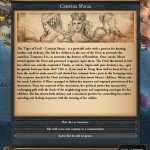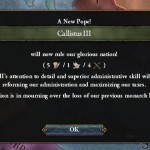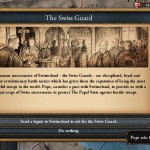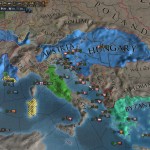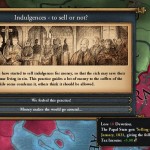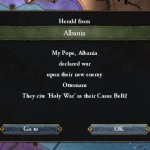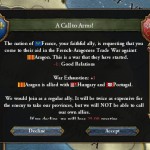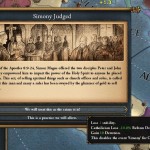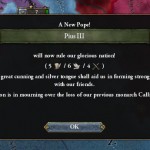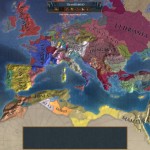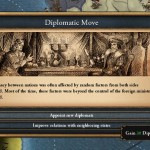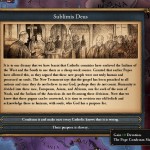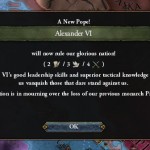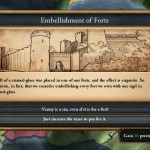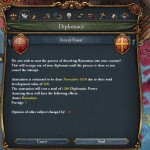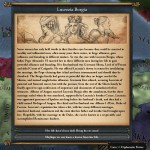In light of all the talk about violence involving police officers recently, let’s fire up the way-back machine and look at what Ramon Llull had to say back in the 13th century about the people who were expected to wield the government’s monopoly on force:
“Item, office of knighthood is to maintain and defend widows, maidens, fatherless and motherless bairns, and poor miserable persons and pitiable, and to help the weak against the stark, and the pure against the rich; for oft-times sick folk are, by more stark than they, beaten and robbed, and their goods taken, and put to destruction and poverty, for fault of power and defence.
“For right as the hewing axe is ordained to cut down trees that hinder ploughing of lands, and carts and chariots and merchandises to pass through the forests, so is the sword of knighthood ordained to cut away and destroy the wicked unworthy weeds and vines of thorns of evil men that hinders labourers, merchants, traitors to travel through the world which is as a forest and wilderness when it is not well tended; of the which evil men should be weeded out by knights, keepers of the law, that good men might live in shelter; and he that is a knight, and does not this, but does even the contrary, should be taken by the prince, or by other worthy, faithful, and honourable knights, and put till dead.
“For when a knight is a reaver, or a thief, or a traitor or a murderer, or a lollard, schismatic or heretic, or in such crimes openly known and proved, then he is unworthy to live, but to be punished in example of others that defoul that most noble and worthy order and abuse it against the points and the properties of that order.”
Hat tip to Gilbert of Hay by way of False Machine for the translation.
This all predates the Lockean notion of the social contract, but strikes me as largely compatible with it. Society-in-general delegates a portion of its collective power to a few individuals who in turn promise to shoulder a greater portion of society’s responsibilities. That nice strong man in blue is supposed to protect those who cannot protect themselves. If he takes to beating and robbing the people, taking their goods and destroying their property, it is of paramount importance that the other men in blue stop him, that they publicly stop him, punish him, and show that the public’s trust is well-placed. Otherwise the social contract is in breach and the public must seek remedy.
